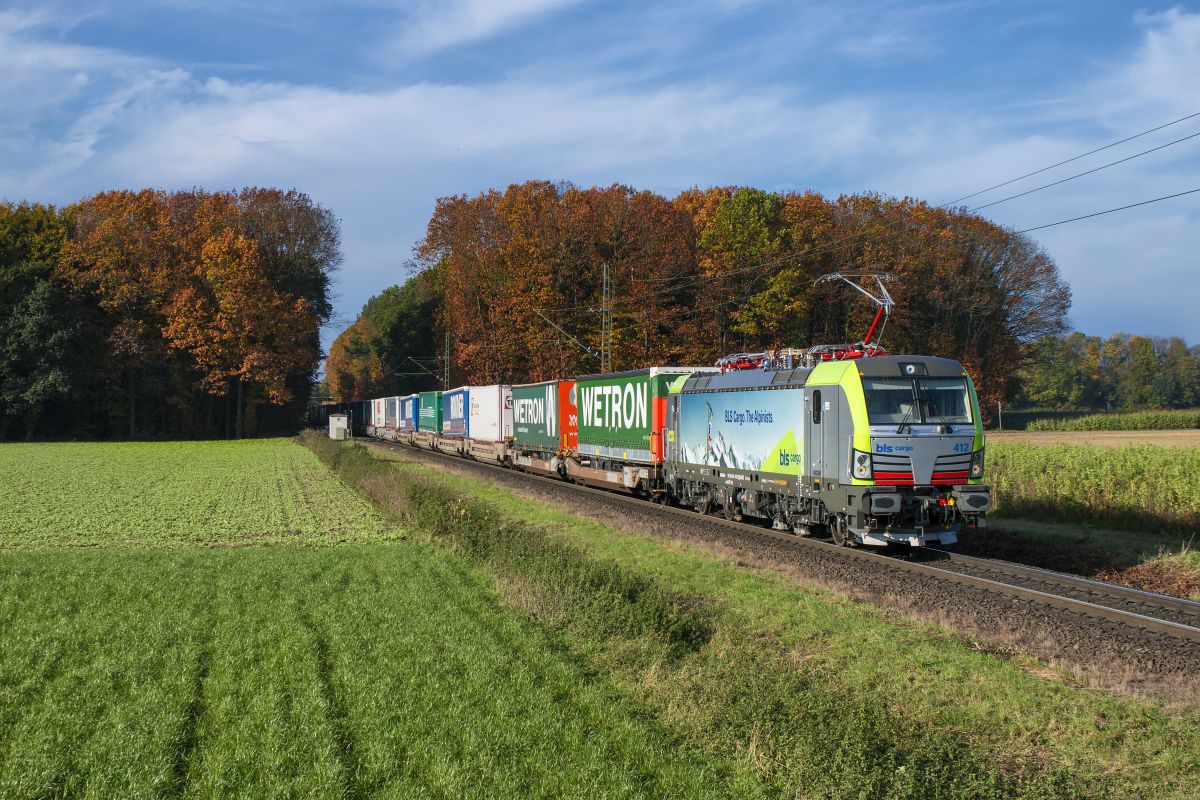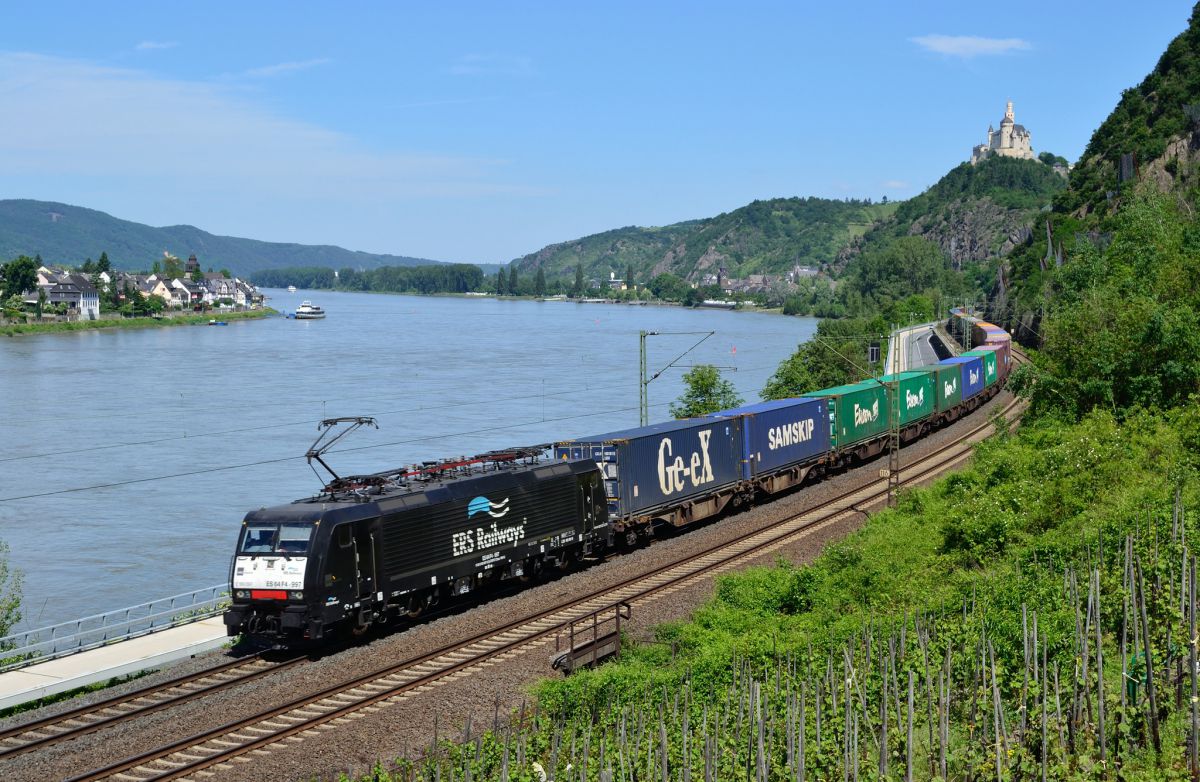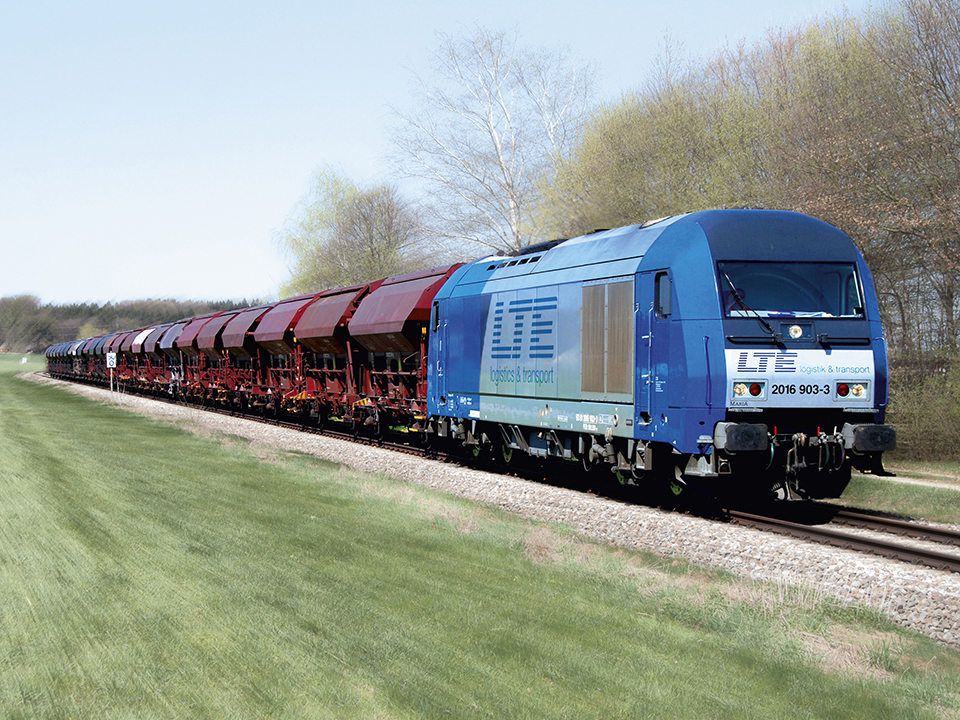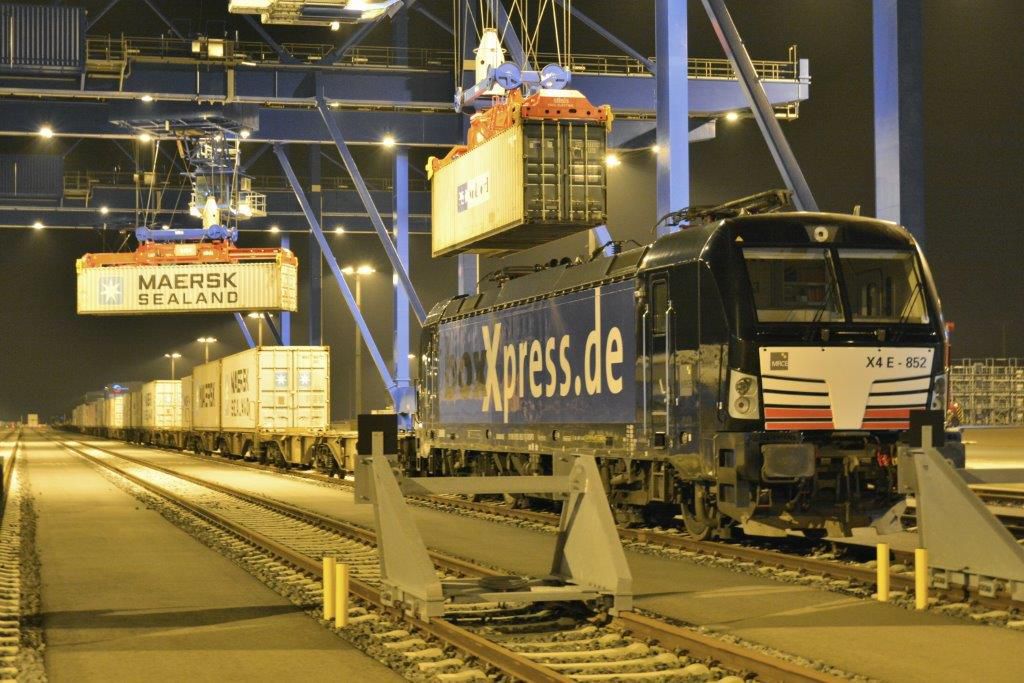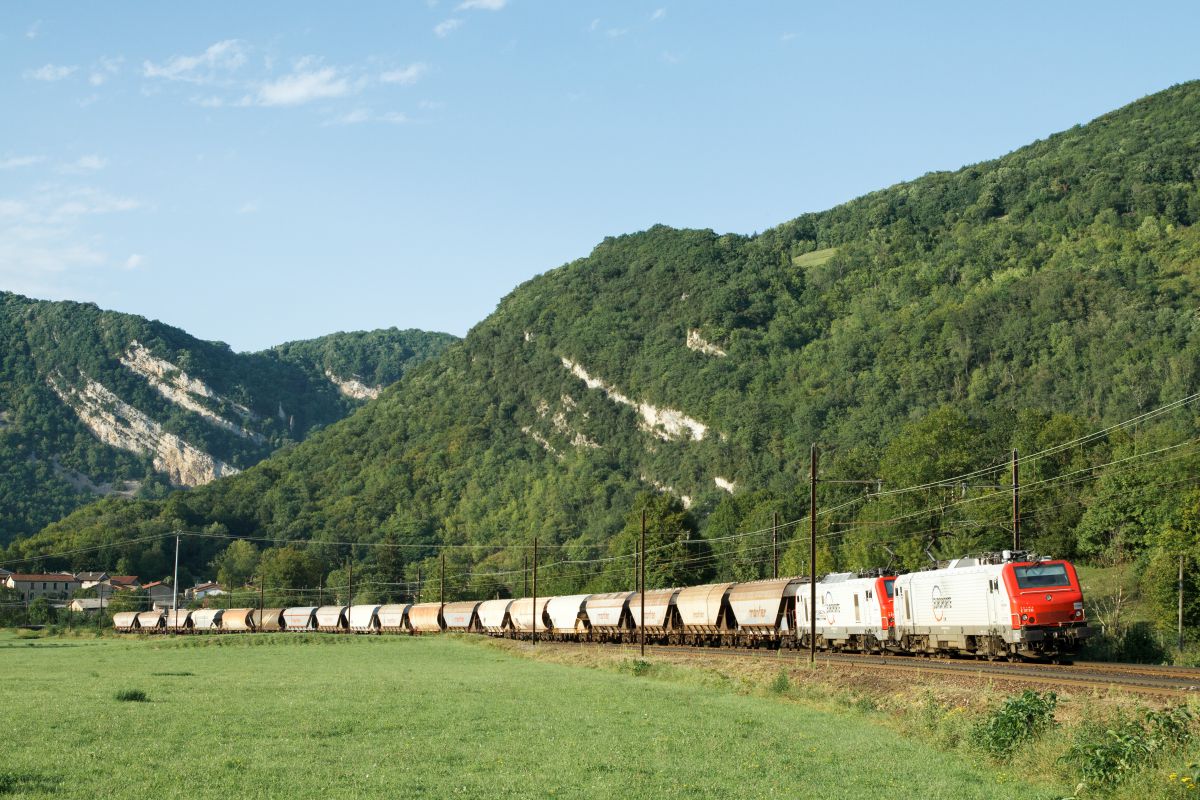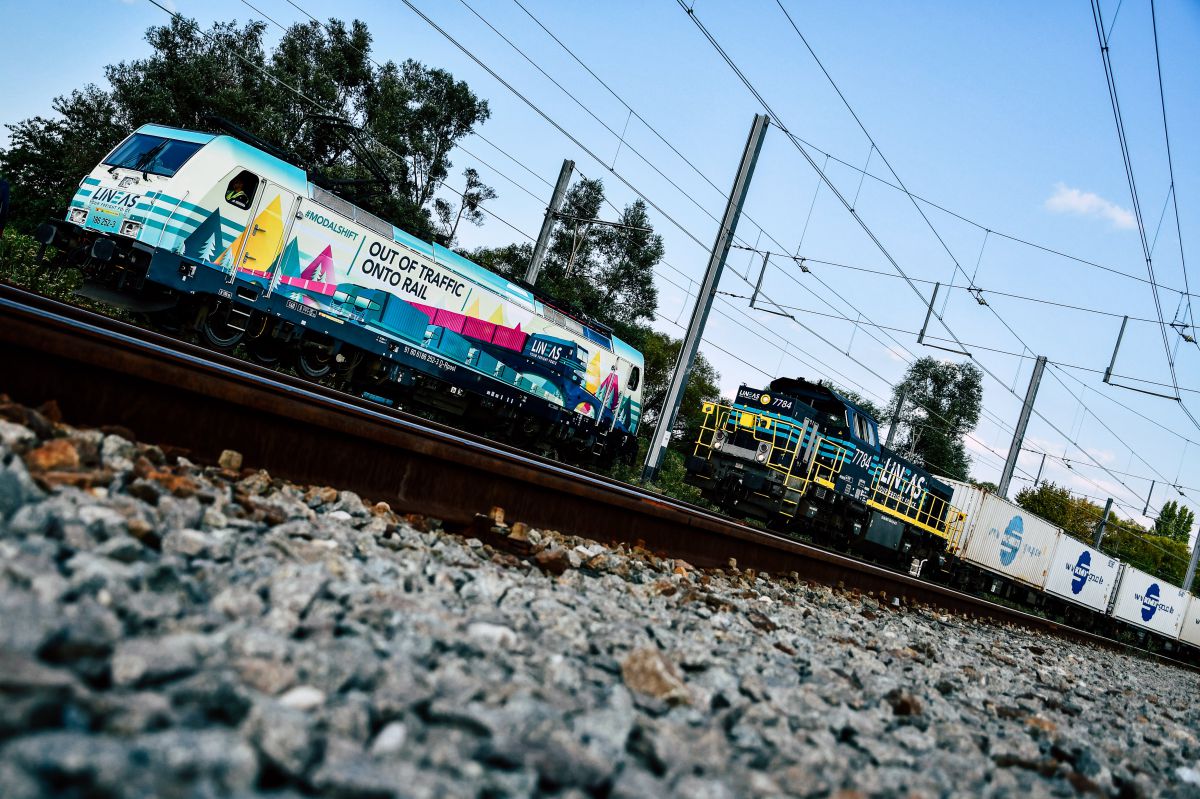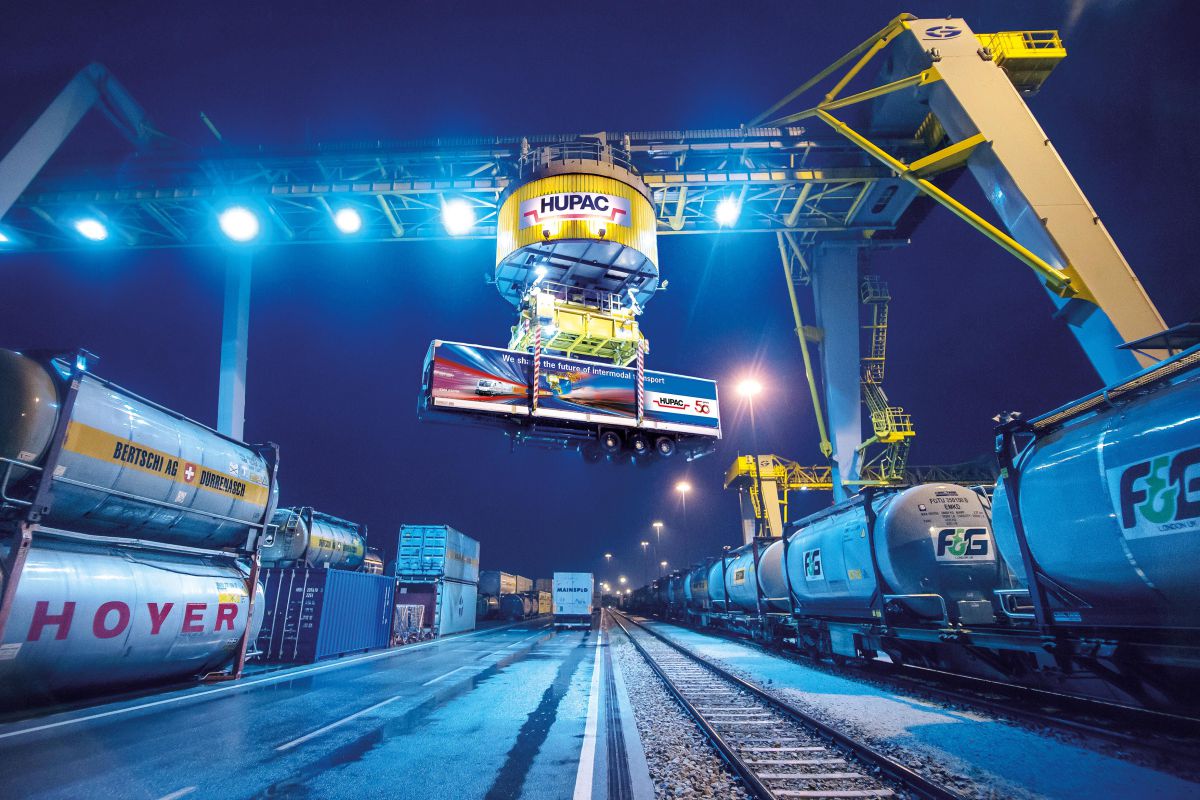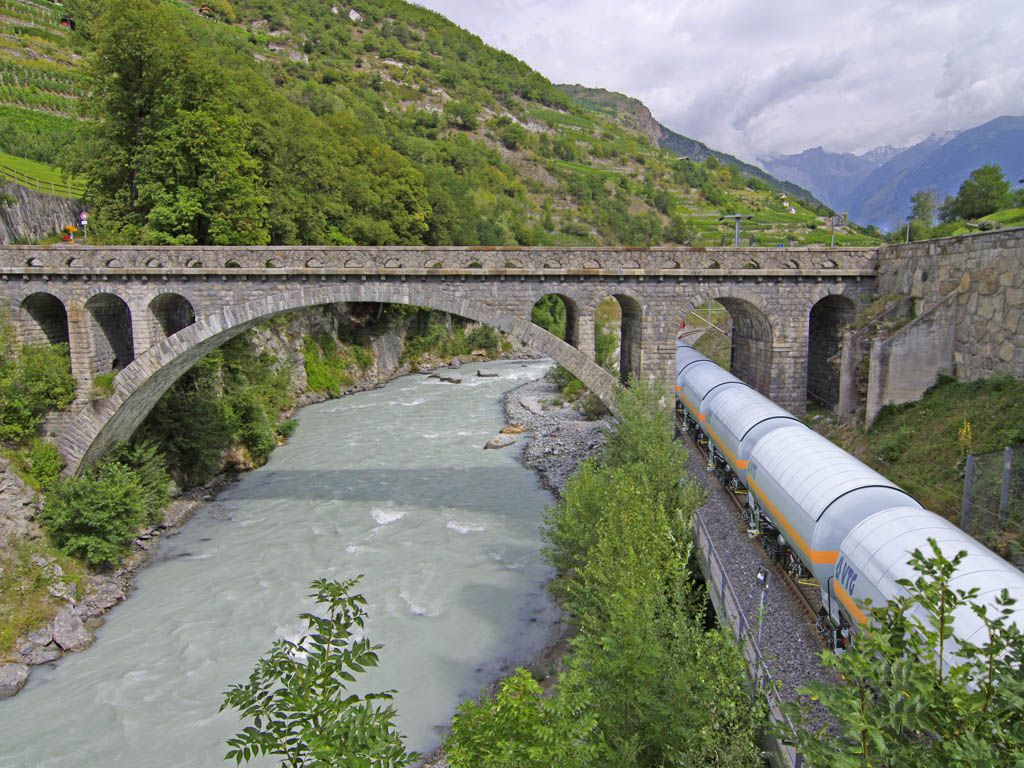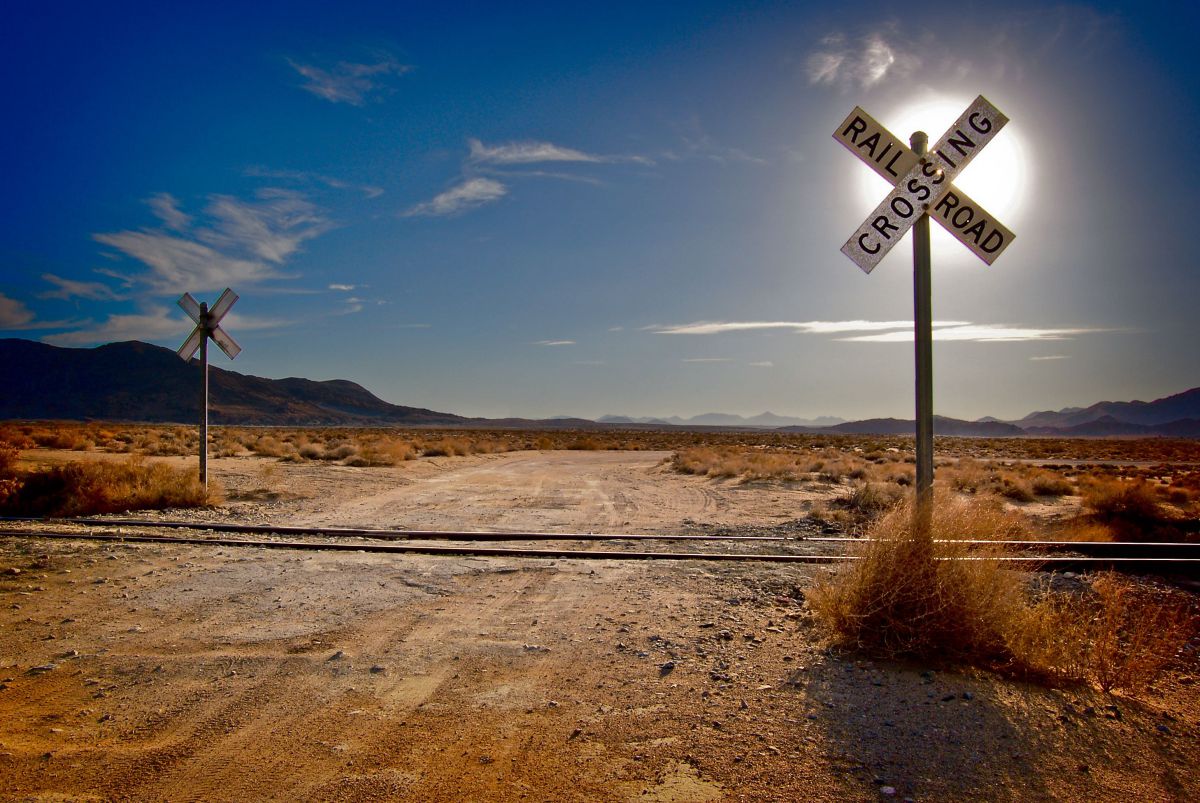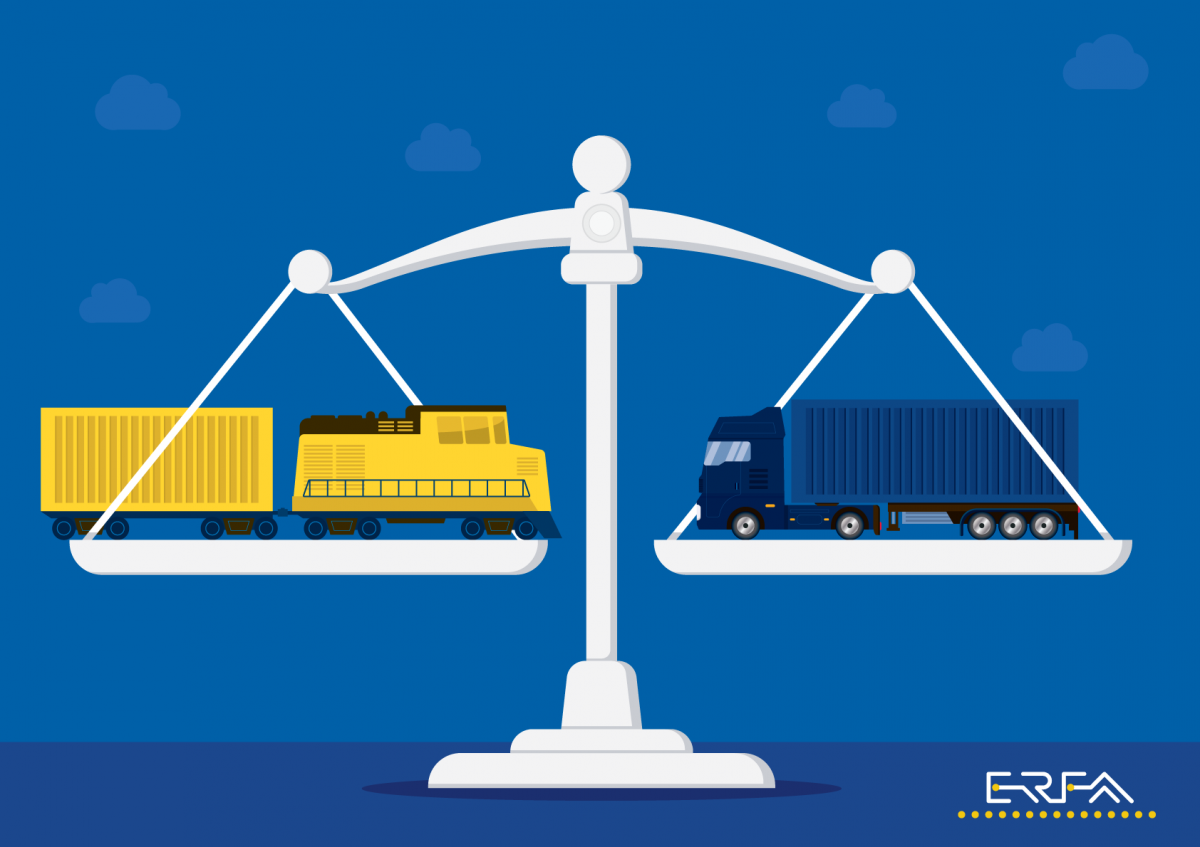One of the direct consequences of the COVID crisis has been the freeing up of capacity on the European railway network due to drastically reduced passenger traffic. This has coincided with a significant increase in the service offer and punctuality of rail freight. Passenger traffic will return, but it is essential that policy makers also ensure that lessons are learnt from this crisis regarding the key success factors for rail freight ? namely good quality and quantity of capacity for freight.
Read moreIn order for rail freight undertakings to be able to successfully navigate the COVID-19 crisis, it is important to reach the correct decisions about European and national support measures. These support measures should prioritise sectoral schemes, such as a waiving of track access charges and energy charges (with support for service providers), which benefit all rail freight operators. It is essential that any potential support measures directly given to railway undertakings are transparent, fair and open to all actors, state owned and private.
Read moreRail freight will face significant challenges to continued operations over the coming months, particularly in light of a significant slowdown in industrial output due to national measures taken to control the outbreak of COVID-19. These short-term measures could cause longer term damage to the sector, namely the disappearance of operators and capacity, if measures are not taken to support the industry. ERFA and UIP therefore call for State support measures to be granted to Infrastructure Managers coupled with a short-term waiving of Track Access Charges and Energy Charges for rail freight undertakings.
Read moreERFA believes it is essential that the Green lanes concept is now adopted by Member States and built upon by ensuring that critical infrastructure remains accessible 24/7 and that there is strong cooperation between Member States and national authorities on rail capacity management.
Read moreThe signing associations welcome the agreement of 18 March between EU Transport Ministers and the European Commission to work closely to minimise traffic disruptions, especially for essential freight. For rail freight to be able to play a leading role in freight flows, the associations believe further measures need to be taken, both by the European Commission and national authorities.
Read moreERFA welcomes the Proposal of the European Commission to designate 2021 as the European Year of Rail. ERFA believes that a European Year of Rail should serve as an opportunity to finally deliver a legal framework that meets the needs of rail freight.
Read moreERFA?s Board of Directors welcomes the addition of Lineas to the ERFA membership. Being the first freight company to have recently won the 2020 European Railway Award, Lineas is a solid example of the dynamic which private players are bringing to the transport sector. ERFA believes that Lineas, in cooperation with other ERFA members, will have a key role to play in the creation of a truly liberalized and competitive European Rail Freight market.
Read moreIn light of the closing of the public consultation on the European rail freight network, and more particularly the effectiveness of the Rail Freight Corridors Regulation (2010/913), ERFA stresses the need for a revision of the Regulation and for the European Commission to adopt an ambitious approach which meets the needs of the rail freight industry.
Read moreThe EU transport sector must continue to be a key enabler of sustainable trade and economic growth. It should therefore be supported in its effort to face the energy transition and remain a key priority for policy makers and Member States. The success of the Green Deal will depend on the regulatory framework and financial instruments that will be mobilized to support innovation and the implementation of the proposed actions. Legal certainty for private investments as well as a financial stimulation of ?first movers? will be an important cornerstone for the ultimate success of the Green Deal.
Read moreERFA believes it is crucial that the State Aid Guidelines for Railway Undertakings are modernised to take into consideration developments in the rail freight sector over the past eleven years. ERFA therefore calls upon the incoming the European Commission to work towards a revision of the Guidelines for Railway Undertakings.
Read moreDuring the ERFA Board of Directors meeting of 20th November, the ERFA Board of Directors unanimously elected Mr. Dirk Stahl (BLS Cargo) as the new ERFA President. Mr. Maciej Gladyga was elected as the Vice-President of ERFA.
Read moreThe recent suggestion of Belgian minister of Transport, Mr François Bellot, to revert to the situation before the rail unbundling implemented in 2005 raises serious concerns regarding the impartiality of the infrastructure manager. To accelerate the growth of the European Rail Freight market, and to ensure the true completion of the single European Railway Area, it is crucial that infrastructure managers stay and, in some cases, finally become independent and impartial.
Read more